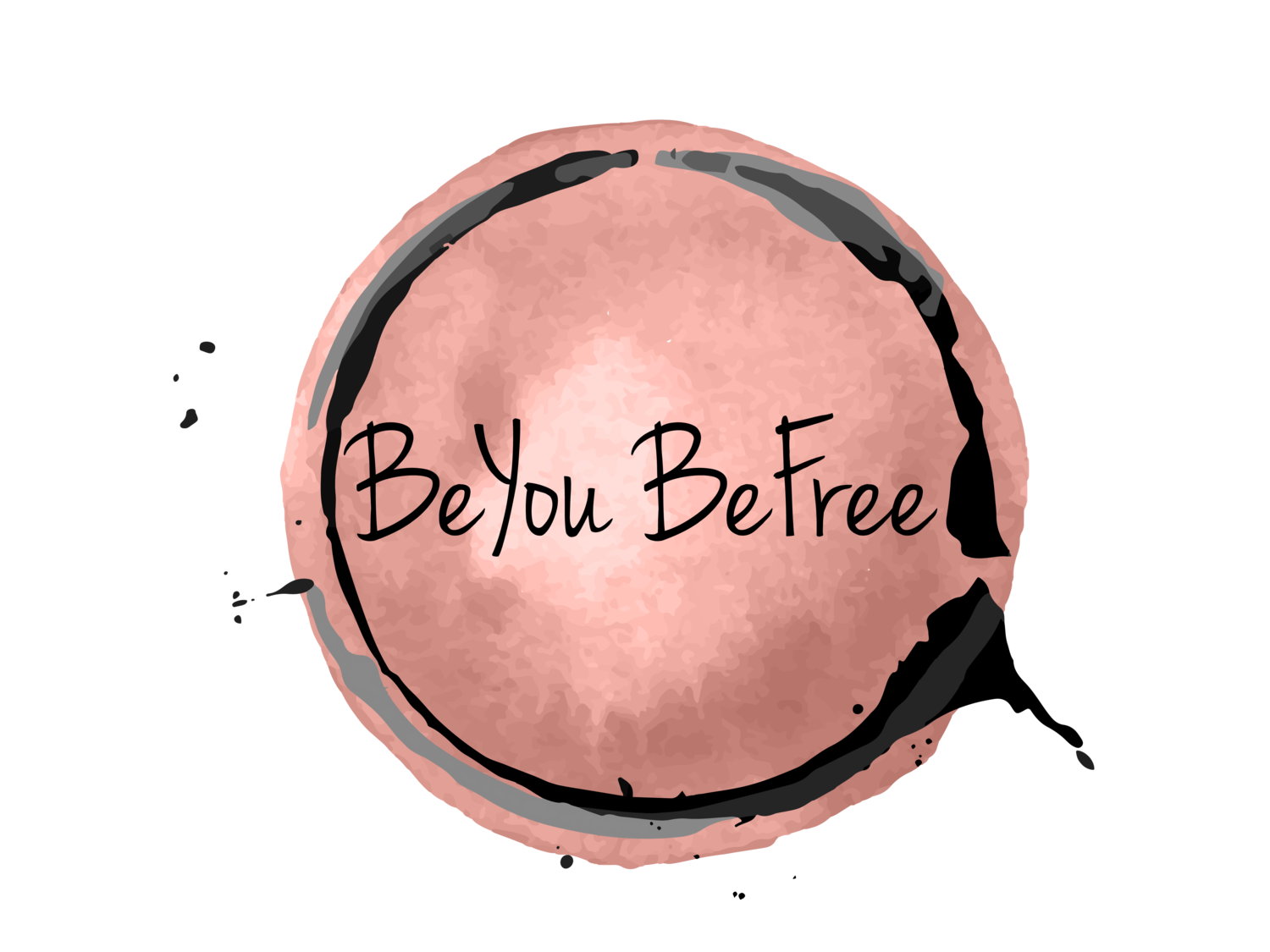Having close connections increases our wellbeing as we need these bonds in life to thrive and survive. These are the connections that we have with our friends, family, relationships and with food. It is also about any other connections that we enjoy, such as our work, music, art, nature and hobbies.
To get started, write down all the people and all the things with which you have significant connections. Who and what are they? What type of connection is it? Physical? Creative? Spiritual?
Here are some of mine.
· Myself
· My partner
· My family
· My friends
· Be You Be Free and all my amazing clients
· My home- Coogee
· Movement
· Nature
· Music
When we prioritise the time to work on our connections it will increase our health and wellbeing.
SELF-CONNECTION.
Connections with others are really important, but the connection with our self is equally important. We tend to go through life not really knowing ourselves and searching for external things rather than focusing on who we are and what our needs are. By connecting with ourselves, we will develop strengths and a more profound understanding of who we are and what we want. As with all connections in our life, building self-connection takes time and commitment.
Here are some tips to help you increase your connections in life.
· Remember you are unique, and you have your own needs. Identify your needs so you don’t feel the pressure to conform to situations and environments that don’t suit you.
· Spread your connections far and wide. Make new friends, help existing friends, join a club, volunteer or help in your community.
· Choose the connections that work for you. Some connections and relationships may cause you negativity or stress which affects your wellbeing.
· Take time working on the relationships that really matter to you. These are people or things that support and nurture you and whom you support and nurture in return. Prioritise time for them.
· Call an old friend with who you have been meaning to get in touch.
Enhance your self-connection
1. Ask yourself, how am I feeling today? How do I feel right now? Tune into the signs and signals of your body.
2. Spend time with yourself. For just for 5 minutes a day sit with yourself, breathe and relax and just be.
3. Feel all those feelings. It is ok to be happy, sad or mad. Just feel those feelings for exactly what they are- feelings. Be aware, acknowledge them and accept them just as we did in emotional wellbeing week.
4. Do things that make you happy. Prioritise this in your schedule.
5. Smile at yourself in the mirror. You may feel silly but smile at yourself every morning! Give it a try, it will help you really connect to yourself.
Gratitude and connection.
Gratitude is being aware of and being thankful for the good things that happen in our lives and taking the time to express our appreciation and return the kindness. Gratitude has also been scientifically support to increase positive emotions, boost relationships, and protect against negative emotions.
It also:
• Improves happiness.
• Increases sleep.
• Prevents headaches/colds.
• Increases energy and alertness.
• Deepens connections to yourself and others.
By expressing gratitude in our connections, we will increase our happiness in life.
Be grateful for connections
· Nurture all your important relationships.
· Smile and say hi to strangers, thank the bus driver, barista, waiter etc each day
· Tell someone you love them and how much they mean to you. We don't do this enough.
Write a gratitude letter
Write a gratitude letter to someone in your past who played a significant role in your life; or who did something that meant a lot to you. Deliver the letter in person or send the letter in the post. Research has shown that for a full month after your “gratitude letter,” happiness levels go up, while boredom and negative thoughts and feelings go down.
Who will you write your letter to?
Practice random acts of kindness
Random acts of kindess are defined as a selfless act performed by a person or persons wishing to either assist or cheer up an individual. There will generally be no reason other than to make people smile and to enhance your connection with them. RAK can be random or planned. Examples include paying for someone’s coffee, donating blood, helping a friend out, visiting an elderly relative, or writing a thank you letter to someone. Over the course of a week perform five acts of kindness to increase your connections. According to research, practising random acts of kindness is one of the biggest boosters to our wellbeing
If you'd like to receive more health and wellbeing tips, then you can sign up for the BYBF newsletter here. You can also follow Be You Be Free on Instagram and Facebook.




